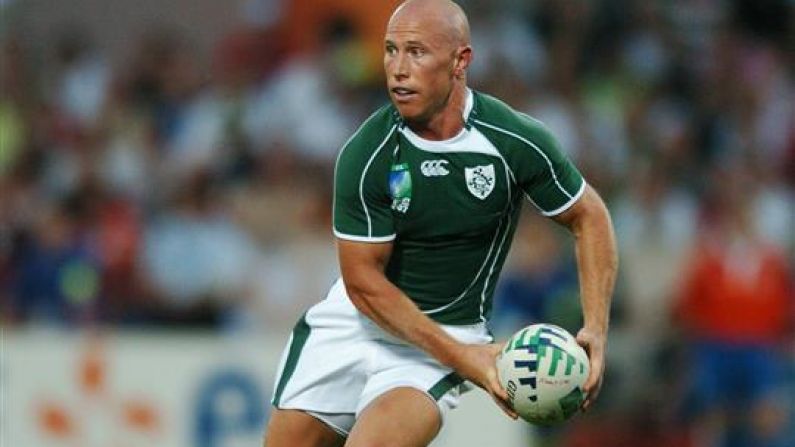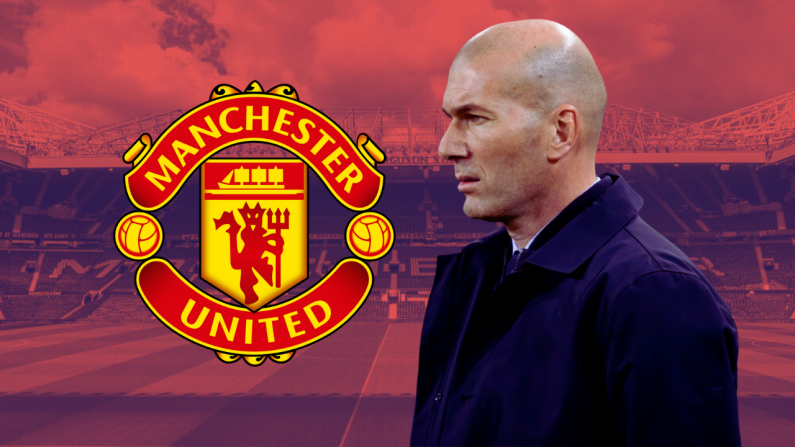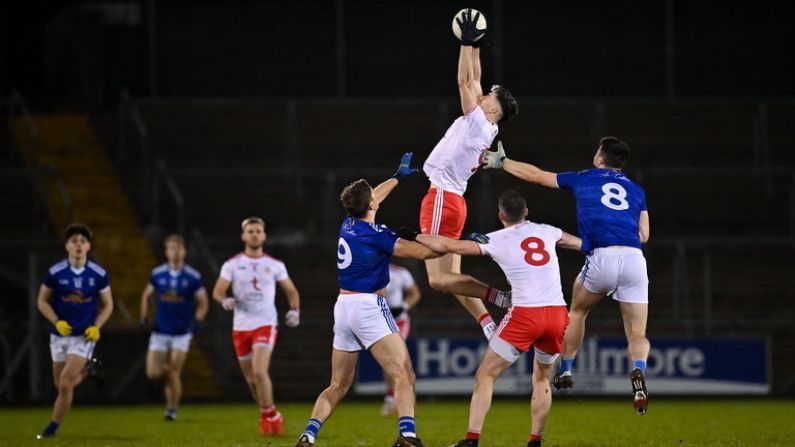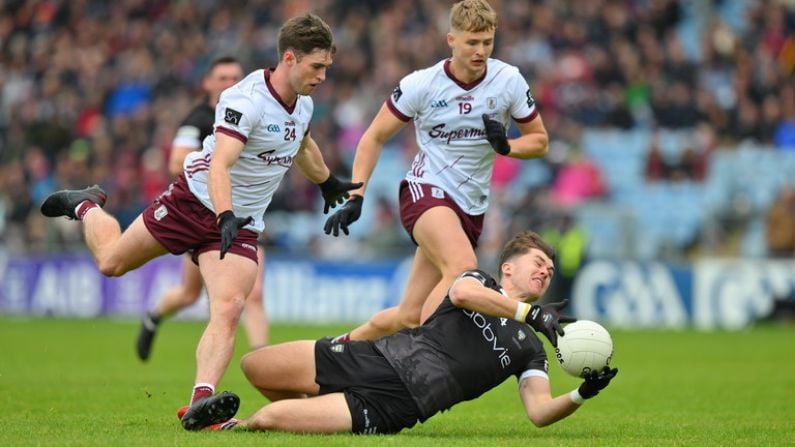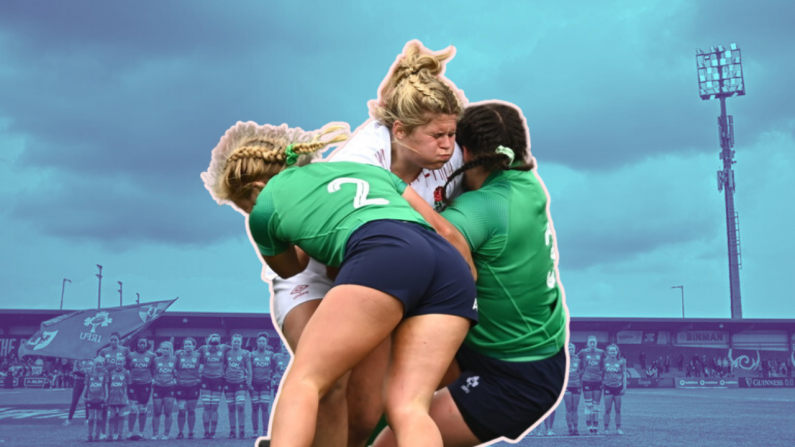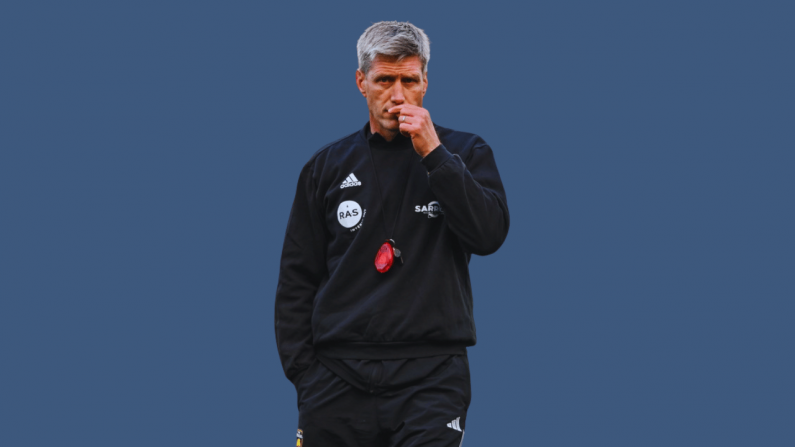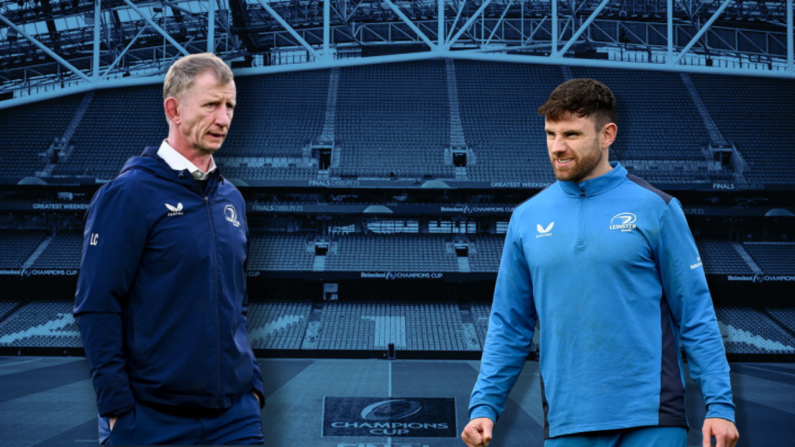Irish scrum-half and generally indestructible man Peter Stringer was Jarlath Regan's guest on this week's edition of An Irishman Abroad, and he offered some interesting insight upon one of the greatest psychological terrors on the Irish sporting consciousness: the 2007 Rugby World Cup.
Stringer became one of the scapegoats during the tournament, having thrown the intercept try which allowed Georgia race away to score a try, and he was dropped from the match day squad as a result. Brian O'Driscoll visibly showed frustration at Stringer following the intercept, but it is not something Stringer holds against him:
I understand. If somebody else had done the same, I'd probably have thrown my arms in the air. I'd probably have acted the same way. There's nothing anyone can do or say that can lighten the load, you know you've done wrong.
It had built up right throughout the game. The game hadnt been going well, we were frustrated by the way they were playing, they were getting stuck into us, and everyone was just on edge, things just weren't coming off for us.
I've no doubt it was [a result of O'Driscoll being on edge].
It was one pass, I didn't do it intentionally. It's just one of those things. I understand the reaction of guys around me.
It was a long pass for me to throw. I should have recognised the line speed of the Georgians. They didn't really have a structured defence. They were coming up in ones or twos and it was a risky situation. But when you're in a game situation, in a game you know you should win, and when things haven't been coming off for you...the challenge then is not to force it.
Stringer was also illuminating on the problems with the squad's preparation ahead of the competition. Much has already been said around the fact that Ireland put too much emphasis on physical conditioning, and that not enough skills-based work was done.
Stringer made this point, although also made the point that the ball work that was done was anachronistic.
This should have been planned before we started our pre-season. We'd been in Poland and Dublin, and the majority of the work we did was fitness, and lifting weights.
There was more of that throughout the pre-season than practising our moves. This was the structure and we went with it, and yes, we were probably the fittest team going there, and the best conditioned, but when it came down to it... The tell-tale sign was that Italian friendly in Ravenhill. We found ourselves under pressure, were clueless about a game plan, and we were very lucky not to lose that game in the end.
We would have been working on our moves - which is all well and good, it's important to have first phase moves - but the majority of the game nowadays is from unstructured play.
That is when you need clarity of thought amongst the squad. Everyone can learn a line-out move, their starting positions and the next phase. The challenge is, after nine, ten, eleven phases, when forwards are integrated with backs around the field, when the opposition have a really good defensive line and your play is totally unstructured: how do you get back into a shape to create something, to generate quick ball?
That's the training we do nowadays, there is very little first phase play. We didn't do enough of that...it was a bad time. It was a bad time.
Stringer also delved into some detail on what it was like to be dropped from the squad in the aftermath of that game, virtually the first time he was out of the Irish team since his debut in 2000.
You can listen to the full interview on the Irishman Abroad podcast (download the podcast on iTunes here). Throughout the interview, Stringer speaks with the insight of clarity of a really excellent coach. We hope he comes back to Munster after he finishes playing in England: he has a lot to offer.

